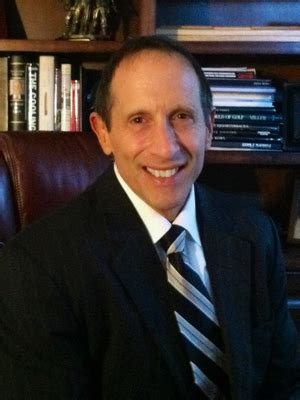A Quote by Heidi Klum
I believe I have a healthy common sense and therefore have no need for religion.
Related Quotes
Common sense dictates that a trace gas needed for life on the planet would not be the cause for destroying life on the planet. Common sense dictates that what has happened before without man can happen again with man. Common sense would dictate that you not believe me, or any one else, but go look for YOURSELF.
Every sensible man, every honorable man, must hold the Christian sect in horror." "Christianity is the most ridiculous, the most absurd and bloody religion that has ever infected the world." "Nothing can be more contrary to religion and the clergy than reason and common sense." "If we believe absurdities, we shall commit atrocities.
The First Amendment...does not say that in every respect there shall be a separation of Church and State....Otherwise the state and religion would be aliens to each other - hostile, suspicious, and even unfriendly....The state may not establish a 'religion of secularism' in the sense of affirmatively opposing or showing hostility to religion, thus preferring those who believe in no religion over those who do believe.
In practice, the goal of skepticism is not the discovery of truth, but the exposure of other people's errors. It plays a useful role in science, religion, scholarship, and common sense. But we need to remember that it is a weapon serving belief or self-interest; we need to be skeptical of skeptics. The more militant the skeptic, the stronger the belief.
Students do not need to be labeled or measured any more than they are. They don't need more Federal funds, grants, and gimmicks. What they need from us is common sense, dedication, and bright, energetic teachers who believe that all children are achievers and who take personally the failure of any one child.
Mathematics is often erroneously referred to as the science of common sense. Actually, it may transcend common sense and go beyond either imagination or intuition. It has become a very strange and perhaps frightening subject from the ordinary point of view, but anyone who penetrates into it will find a veritable fairyland, a fairyland which is strange, but makes sense, if not common sense.
But I believe this: by and large, the United States ought to be able to choose for its President anybody that it wants, regardless of the number of terms he has served. That is what I believe. Now, some people have said, "You let him get enough power and this will lead toward a one-party government." That, I don't believe. I have got the utmost faith in the long-term common sense of the American people. Therefore, I don't think there should be any inhibitions other than those that were in the 35-year age limit and so on. I think that was enough, myself.









































